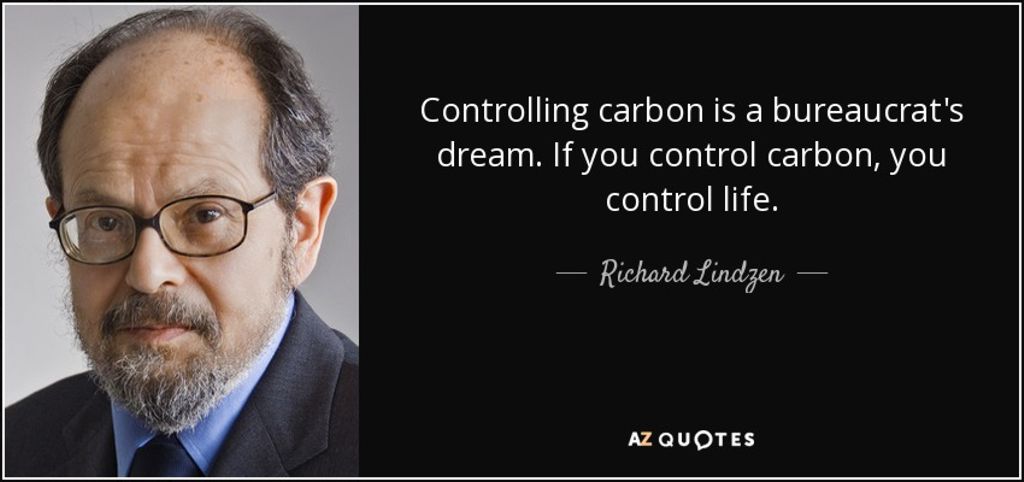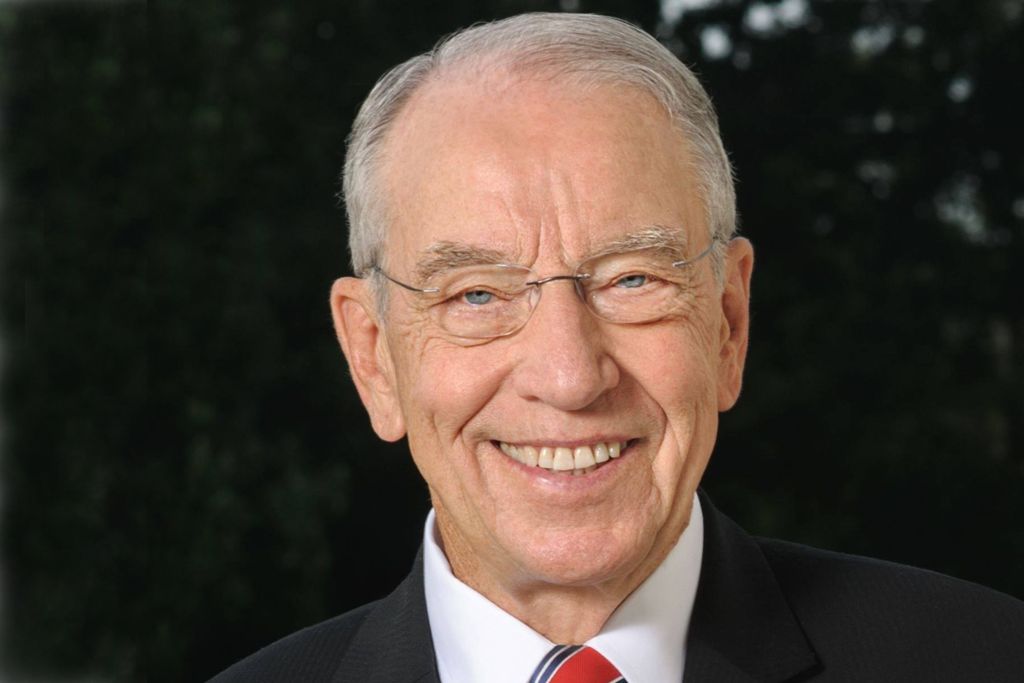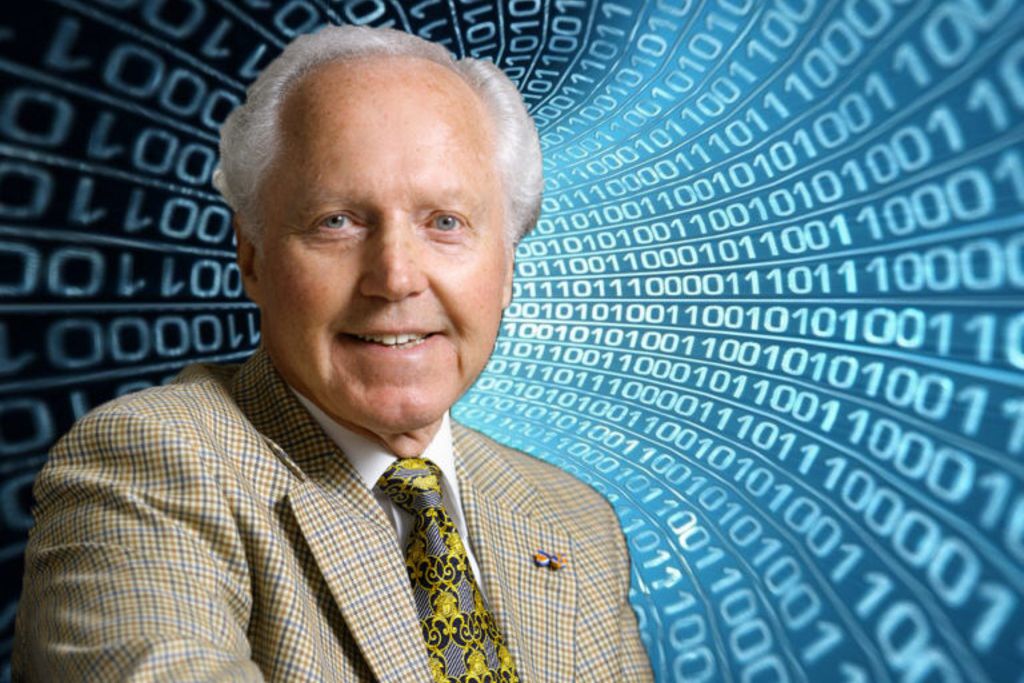Professor Richard Lindzen is a dynamical meteorologist with interests in the broad topics of climate, planetary waves, monsoon meteorology, planetary atmospheres, and hydrodynamic instability.
His research involves studies of the role of the tropics in mid-latitude weather and global heat transport, the moisture budget and its role in global change, the origins of ice ages, seasonal effects in atmospheric transport, stratospheric waves, and the observational determination of climate sensitivity.
He has made major contributions to the development of the current theory for the Hadley Circulation, which dominates the atmospheric transport of heat and momentum from the tropics to higher latitudes, and has advanced the understanding of the role of small scale gravity waves in producing the reversal of global temperature gradients at the mesopause, and provided accepted explanations for atmospheric tides and the quasi-biennial oscillation of the tropical stratosphere.
He pioneered the study of how ozone photochemistry, radiative transfer and dynamics interact with each other.
He is studied what determines the pole to equator temperature difference, the nonlinear equilibration of baroclinic instability and the contribution of such instabilities to global heat transport. He has developed a new approach to air-sea interaction in the tropics, and is actively involved in parameterizing the role of cumulus convection in heating and drying the atmosphere and in generating upper level cirrus clouds.
He has developed models for the Earth’s climate with specific concern for the stability of the ice caps, the sensitivity to increases in CO2, the origin of the 100,000 year cycle in glaciation, and the maintenance of regional variations in climate.
Prof. Lindzen is a recipient of the AMS’s Meisinger, and Charney Awards, the AGU’s Macelwane Medal, and the Leo Huss Walin Prize. He is a member of the National Academy of Sciences, and the Norwegian Academy of Sciences and Letters, and a fellow of the American Academy of Arts and Sciences, the American Association for the Advancement of Sciences, the American Geophysical Union and the American Meteorological Society. He is a corresponding member of the NAS Committee on Human Rights, and has been a member of the NRC Board on Atmospheric Sciences and Climate and the Council of the AMS. He has also been a consultant to the Global Modeling and Simulation Group at NASA’s Goddard Space Flight Center, and a Distinguished Visiting Scientist at California Institute of Technology’s Jet Propulsion Laboratory. (Ph.D., ’64, S.M., ’61, A.B., ’60, Harvard University)






